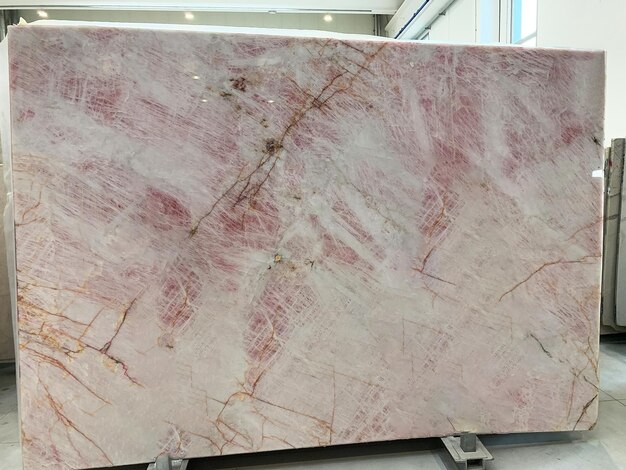Marble is one of the most widely traded natural stones in the world, valued for its luxury, strength, and timeless beauty. However, to succeed in international markets, exporters must comply with strict quality standards and certifications that ensure the stone meets buyer expectations and legal requirements. The most important standards for marble export are ASTM, ISO, and CE marking.
In this article, we will explain these standards and why they matter for marble suppliers, buyers, and contractors.
✅ Why Standards Are Important in Marble Export
When exporting marble, international buyers look for quality consistency, durability, and compliance with construction and safety regulations. Standards help ensure:
-
Uniform quality – Buyers receive marble that matches agreed specifications.
-
Durability and performance – Marble can withstand installation and long-term use.
-
Legal compliance – Especially important for entering the EU market (CE Marking).
-
Market credibility – Certified marble suppliers build trust and reputation globally.
🏗️ ASTM Standards for Marble
The ASTM (American Society for Testing and Materials) standards are widely used in the U.S. and many international projects.
Some key ASTM standards for marble include:
-
ASTM C503 – Standard Specification for Marble Dimension Stone
-
ASTM C568 – Standard Specification for Limestone Dimension Stone
-
ASTM C97 – Absorption and Bulk Specific Gravity Test for Stone
-
ASTM C99 – Modulus of Rupture Test
-
ASTM C170 – Compressive Strength of Marble
These tests measure strength, density, absorption, and durability, ensuring marble meets construction requirements.
🌐 ISO Standards for Marble
The International Organization for Standardization (ISO) provides global quality guidelines. Some relevant ISO standards include:
-
ISO 14001 – Environmental Management System (important for eco-friendly quarries)
-
ISO 9001 – Quality Management System (assures consistency in processing and supply)
-
ISO 1469 – Methods for testing natural stone
-
ISO 23157 – Stone products: slabs for floors, stairs, and cladding
ISO certification improves global recognition and helps exporters meet import regulations in many countries.
🇪🇺 CE Marking for Marble in Europe
For exporters targeting European Union markets, CE marking is mandatory.
CE (Conformité Européenne) indicates that marble products comply with EU health, safety, and environmental protection standards.
Key points about CE marking:
-
Required for construction products sold in the EU.
-
Covers marble tiles, slabs, and dimension stones.
-
Ensures compliance with EN standards (European Norms), such as EN 1469 (slabs for cladding) and EN 12057 (modular tiles).
-
Without CE marking, marble cannot legally enter the EU market.
📌 How Marble Exporters Can Comply with Standards
-
Testing & Certification – Work with accredited laboratories to test marble under ASTM, ISO, or EN standards.
-
Quality Control – Implement strict inspections during quarrying, cutting, and polishing.
-
Documentation – Provide certificates of conformity, technical data sheets, and test reports.
-
Partner with Consultants – Many exporters hire certification experts for ISO or CE processes.
🌟 Conclusion
Exporting marble successfully requires more than just high-quality stone—it demands compliance with international standards. By following ASTM, ISO, and CE regulations, Iranian marble exporters and global suppliers can expand into U.S., European, and Middle Eastern markets with confidence.
At Iran Stone Market, we ensure that our marble meets the highest international standards, helping buyers around the world source premium, certified marble with ease.







